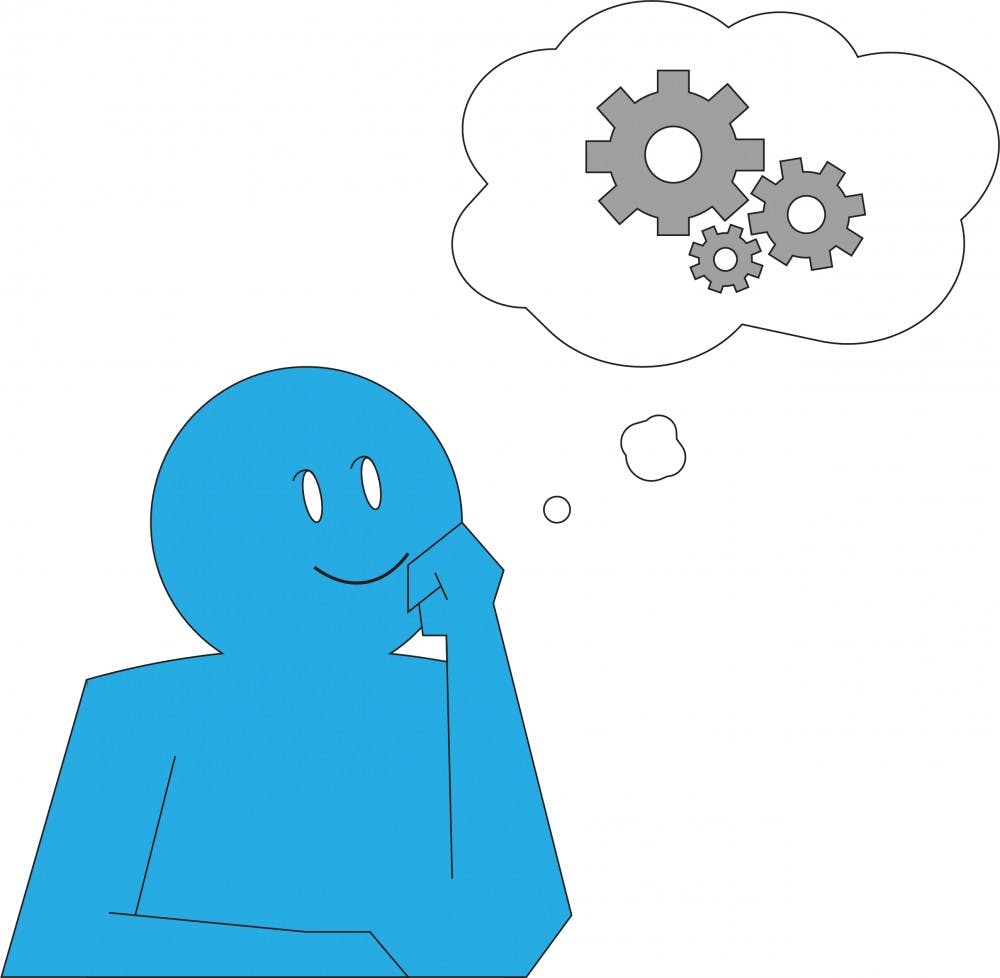Elon University will unveil new, campus-wide mental health measures for students and faculty this week. Referred to as the Act-Belong-Commit initiative, this framework will launch during a two-day Mental Health Summit beginning today.
The two-day summit is free, open to the public and includes a diverse lineup of speakers and panelists. Among those scheduled are mental health clinicians, members of the Elon campus community, and international mental health advocates.
This new mental health initiative corresponds with Elon University’s Strategic Plan 2030, the university’s master plan to create a more committed, engaged and inclusive culture. The plan includes nods to campus-wide well-being initiatives; programs that promote emotional, physical, and social health among students and faculty.
The summit comes after almost two years of planning by Elon faculty and staff. Eric Hall, professor of exercise science, and Caroline Ketcham, professor and chair of the Department of Exercise Science, have been in charge of the summit since the initial stages of planning.
“The purpose of this summit and of the A-B-C campaign is to destigmatize some of these issues around mental health and view it much more positively,” Hall said.
Ketcham hopes the summit has a positive impact on the discussions about mental health.
“We’re just trying to change the culture on how people talk to each other — being more open and vulnerable, understanding that all of us deal with struggles,” Ketcham said.
Hall and Ketcham cite the first step to reaching these goals as the implementation of the Act-Belong-Commit initiative, which will be officially introduced and explained over the course of the event.
Larry Mellinger, director of campus recreation and wellness, is excited for Elon to become one of the first college campuses to fully implement the framework in the U.S. Mellinger, along with Hall and Ketcham, has been a leader of the Mental Health Summit since its conception.
“Act-Belong-Commit is really about the choices that you make on a day-to-day basis,” he said. “A-B-C isn’t about doing more; it’s about knowing what you need.”
The first pillar of the foundation, “Act,” encourages students and adults on campus to be alert, active and engaged with the community. “B” stands for “Belong,” encouraging participation in organizations like classes, clubs, sports or residence life. Finally, “C” stands for “Commit,” encouraging community members to take up causes that provide purpose and meaning in their lives. This framework was designed by Dr. Robert Donovan and Danish researcher Ziggi Santini.
Hall, Ketcham, and Mellinger said she wants the Mental Health Summit to emphasize the powerful simplicity of the framework, as well as the importance and ease with which it can be implemented in everyday life.
“I hope people walk away from it thinking about mental health more positively,” Hall said in regards to the two-day summit.
Mellinger agrees, noting his excitement for the lasting, positive impacts of the campaign.
“People on our campus and other campuses … are working really hard to make this a better place,” Mellinger said. “I couldn’t think of anything better and more important that we could be doing.”


